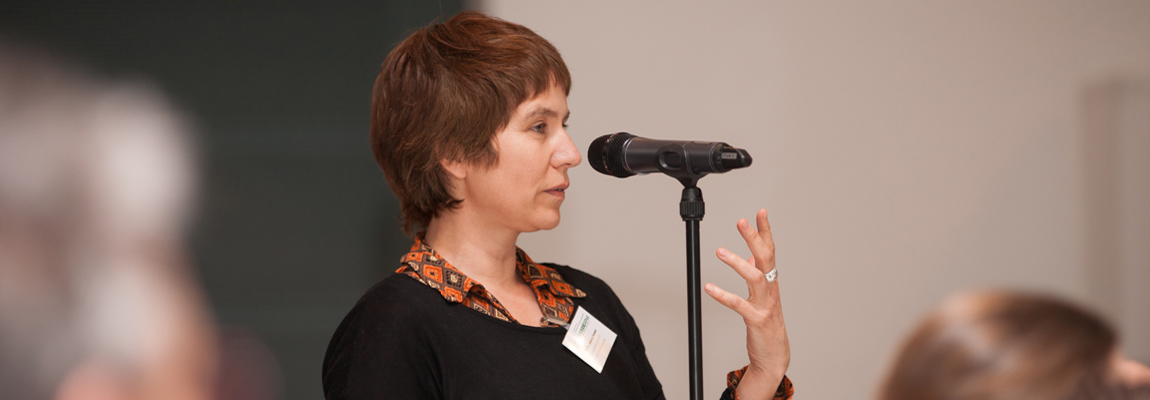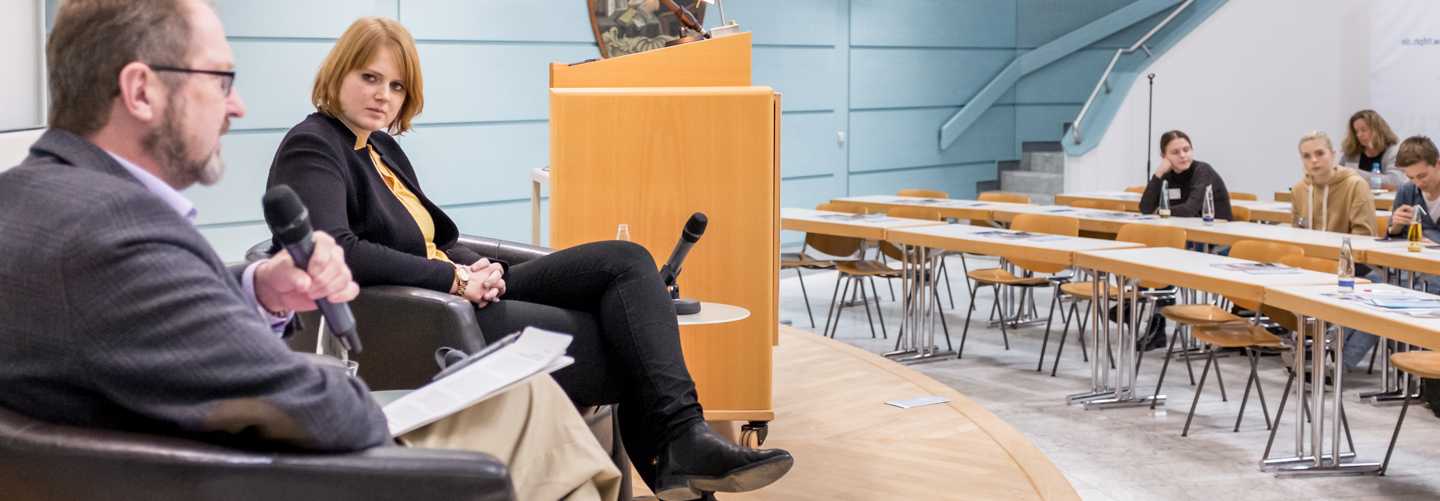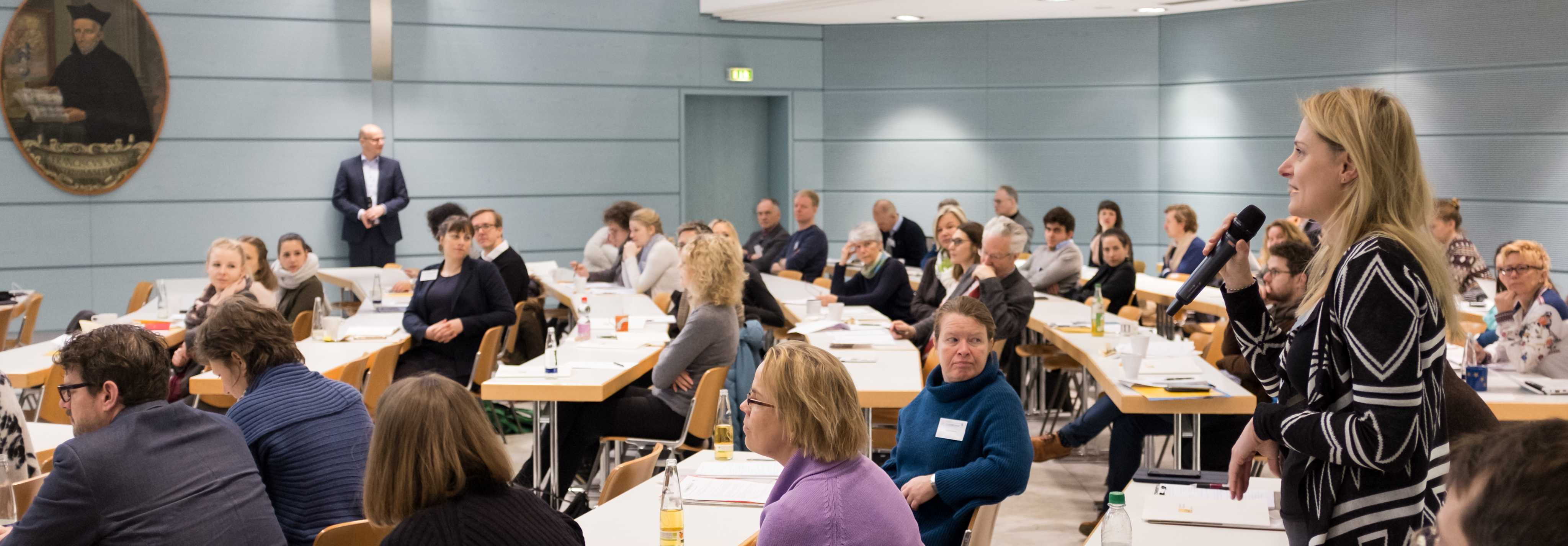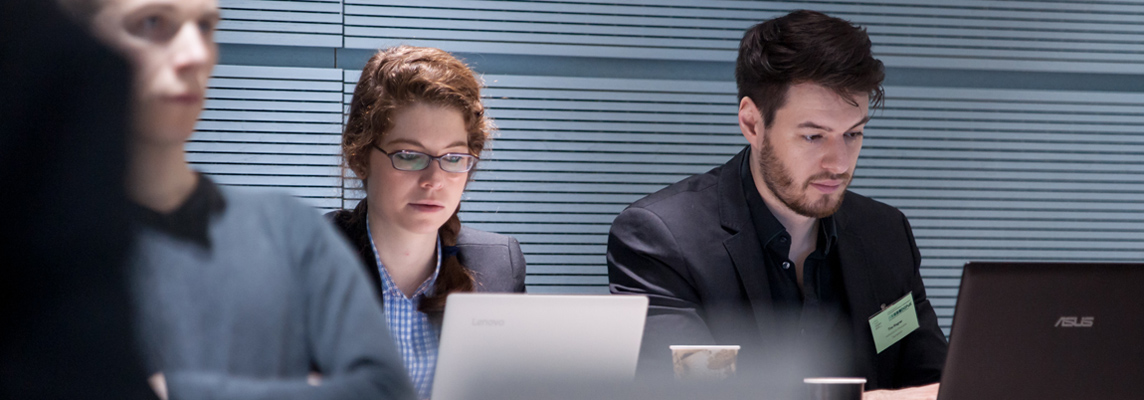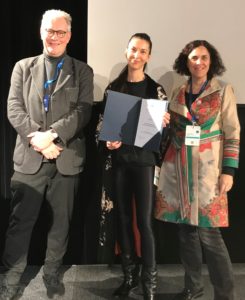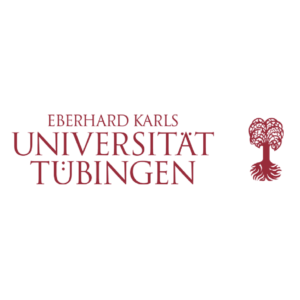
We would like to draw your attention to the following event: The symposium “Social Justice and Technological Futures” will be held in person on May 2 and 3, 2023, at the University of Tübingen in Germany. The symposium features a series of bright minds and renowned speakers, who are at the same time truly dedicated to social justice and creating a better future with (or without) technology! More information about speakers, the topic, and our beautiful university town in Southern Germany can be found at: www.uni-tuebingen.de/social-just-tech-future
Registration is free. You can register to attend the conference via email: laura.schelenz@uni-tuebingen.de – please consider joining us at this in-person event in Tübingen or send your students and early career researchers to attend!
“Social justice theories are crucial instruments to meet the challenges of emerging technologies such as Artificial Intelligence. These challenges include algorithmic bias and discrimination, profit-driven innovation, and technology imaginaries around convenience, optimization, and neutrality. The works of Black feminists and critical race theorists as well as decolonial and Global South scholars and activists render visible the interlockings of societal, economic, cultural, and political injustice in the design, production, and distribution of technology. In thinking about the future and its daunting challenges, including the transformation of work, climate change, migration, and overall precarity, what should be the role of technology? What do technological futures look like from a social justice perspective?
The Tübingen Symposium will bring together critiques of unsettling trajectories as well as visions for alternative pathways. We will question the canonical values in technology creation – scale, efficiency, and (big) data aggregation – while also exploring diverse and potentially competing social justice concepts. The Tübingen Symposium will give invited speakers the opportunity to connect and share views on the topics of the symposium. The audience will benefit from interactive panels including discussions of case studies of harmful contemporary or visionary alternative technologies. The topics cover science fiction, Afrofuturism, tech governance, policy and regulation, design approaches for social justice, digital activism, responsible research and innovation, decolonial approaches to technology development, and more!”
This event is hosted by the International Center for Ethics in the Sciences and Humanities (IZEW), the Center for Rhetorical Science Communication Research on Artificial Intelligence (RHET AI), and the Collaborative Research Centre 923 “Threatened Orders – Societies under Stress” at the University of Tübingen; in cooperation with the EU-funded project “WeNet – The Internet of Us.”
More information: www.uni-tuebingen.de/social-just-tech-future






